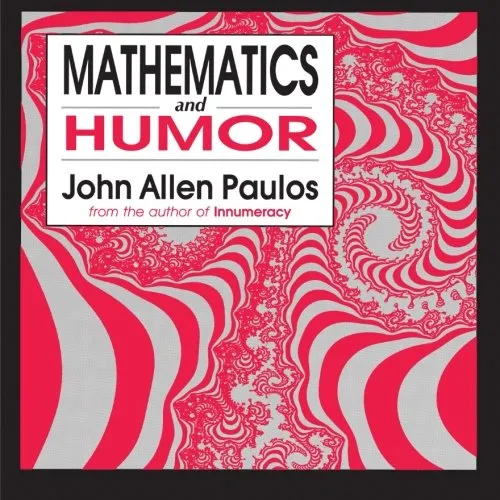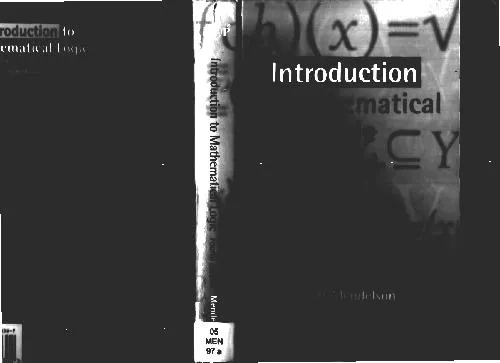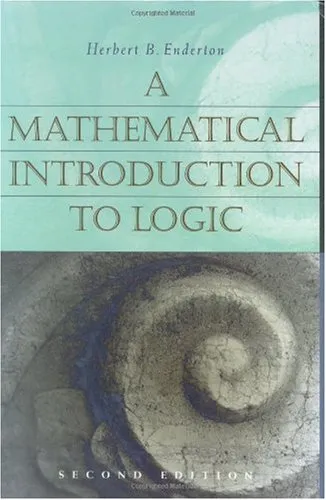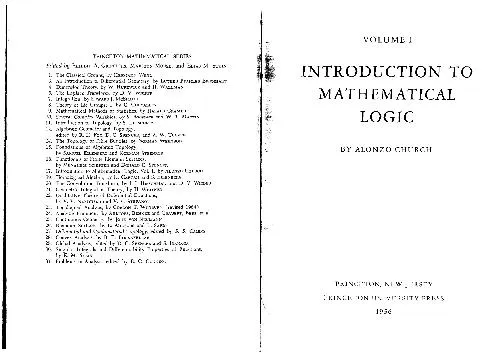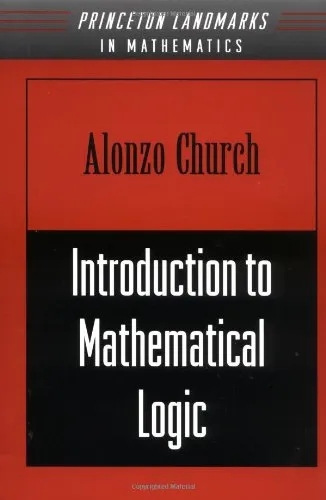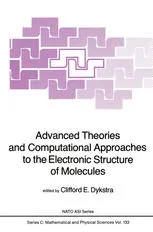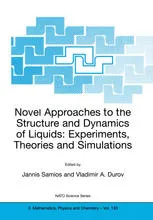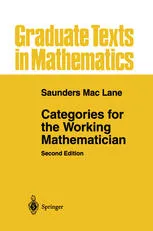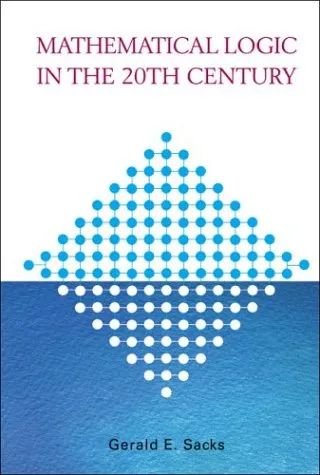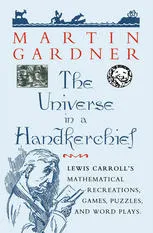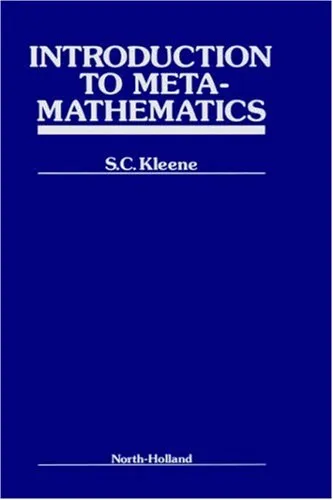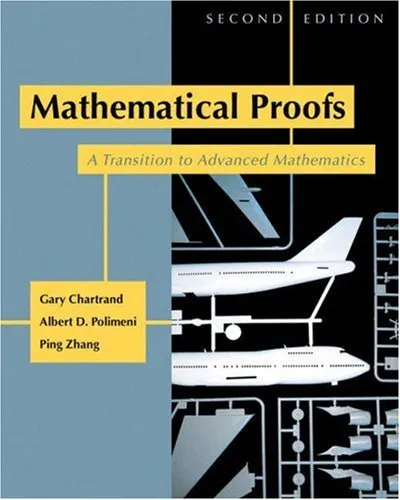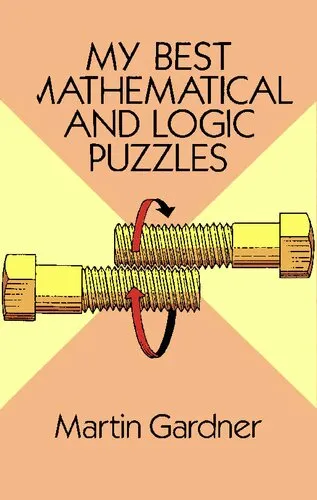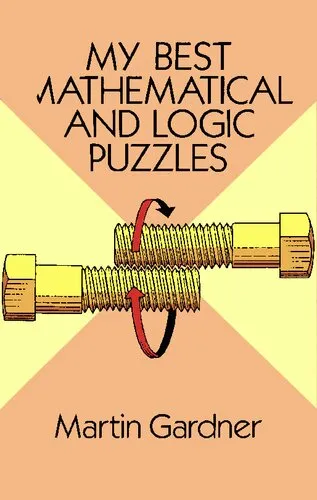Mathematics and Humor: A Study of the Logic of Humor
4.0
Reviews from our users

You Can Ask your questions from this book's AI after Login
Each download or ask from book AI costs 2 points. To earn more free points, please visit the Points Guide Page and complete some valuable actions.Related Refrences:
Introduction
Welcome to the playful fusion of mathematics and humor, where logic meets laughter, and the seemingly unrelated worlds of equations and punchlines come together. Mathematics and Humor: A Study of the Logic of Humor is a captivating exploration of how mathematical principles can help decode the enigma of humor and comedy. Written by John Allen Paulos, this book bridges the gap between two seemingly disparate realms: the structured, precise universe of mathematics and the unpredictable, liberating tide of human humor. The result is a thought-provoking yet entertaining piece of work, perfect for mathematicians, comedians, and curious readers alike.
By investigating how mathematical logic, patterns, and structures underpin the very essence of humor, Paulos offers readers an original perspective that challenges conventional thinking. This is not just a book about jokes or funny anecdotes—this is an intellectual journey into why things are funny to us and how mathematics provides the patterns that make jokes work. Whether you are intrigued by the intricacies of mathematics, fascinated by the science of humor, or both, this book will leave you looking at both fields in a new light.
A Detailed Summary of the Book
The central theme of Mathematics and Humor is to analyze humor through the lens of logic, structure, and mathematical reasoning. Paulos delves into various theories of humor, investigating how they overlap with the precision of mathematics. He examines the mechanics of jokes, puns, and wordplay, presenting them as intricate "systems" that rely on rules and exceptions, much like mathematical systems do.
One key argument Paulos presents is the idea that humor often hinges on incongruity—situations where expectations are subverted or contradictions become apparent. Using mathematical ideas like patterns, formulas, and set theory, he shows how these incongruities can be structured and classified. The book also dives into the relationship between language and perception, exploring how double meanings, misinterpretations, and logical paradoxes contribute to humor.
In addition to dissecting humor, Paulos makes this a lighthearted read by including jokes and examples that highlight his points. Each chapter progresses logically, demonstrating how various mathematical concepts, such as probability, topology, or symbolic logic, can be applied to the structure of humor. He even ventures into a philosophical discussion, asking deeper questions about meaning, context, and human cognition.
Key Takeaways
- Humor can be systematically analyzed and understood using mathematical concepts and logical frameworks.
- The element of surprise or "incongruity" is fundamental to the mechanics of most jokes.
- Mathematics provides a precise way to map, classify, and deconstruct jokes, puns, and verbal wit.
- The overlap between humor and mathematics reveals how humans perceive patterns, anomalies, and logical structures.
- While humor and mathematics seem unrelated on the surface, both disciplines hinge on exploring systems, structures, and deviations from norms.
Famous Quotes from the Book
"Humor, much like mathematical insight, depends not on randomness, but on discovering hidden connections and unexpected patterns."
"The punchline of a good joke, much like the solution to an elegant equation, elicits a satisfying ‘Aha!’ moment."
" laughter arises when something familiar is revealed in a manner wholly unexpected yet completely logical."
Why This Book Matters
Mathematics and Humor matters because it offers a unique lens through which to view both humor and mathematics. At first glance, these subjects seem to reside in separate corners of human thought—one governed by emotion, intuition, and subjectivity, and the other ruled by precision, logic, and objectivity. By bridging this divide, Paulos challenges readers to find connections between fields that society often keeps apart.
Beyond its intellectual merit, the book enriches readers by making them more attuned to patterns and structures in everyday life. It inspires a greater appreciation for the complexity within humor and highlights the universality of mathematics as a tool for understanding diverse phenomena. Additionally, it serves as a powerful reminder of how creative and interdisciplinary thinking can yield fascinating insights into human culture and cognition.
Anyone who loves intellectual challenges and playful thinking will find this book to be a refreshing and rewarding experience. Mathematicians will chuckle at the witty applications of their discipline, while humor enthusiasts will appreciate a deeper understanding of why they laugh. It's a true celebration of human curiosity and creativity.
Free Direct Download
You Can Download this book after Login
Accessing books through legal platforms and public libraries not only supports the rights of authors and publishers but also contributes to the sustainability of reading culture. Before downloading, please take a moment to consider these options.
Find this book on other platforms:
WorldCat helps you find books in libraries worldwide.
See ratings, reviews, and discussions on Goodreads.
Find and buy rare or used books on AbeBooks.
1648
بازدید4.0
امتیاز0
نظر98%
رضایتReviews:
4.0
Based on 0 users review
Questions & Answers
Ask questions about this book or help others by answering
No questions yet. Be the first to ask!
